Busigiri is a community near Kyambogo University in Kampala, Uganda’s capital city. The major economic activity in this community is the production of charcoal stoves, locally known as ‘sigiri.’ Hence, the place is named ‘Busigiri’–literally, ‘the place where you can get small sigiri.’ For more than seven years, residents of Busigiri had nowhere to fetch clean water until some college students helped them see and use their own resources for their own long-term benefit.
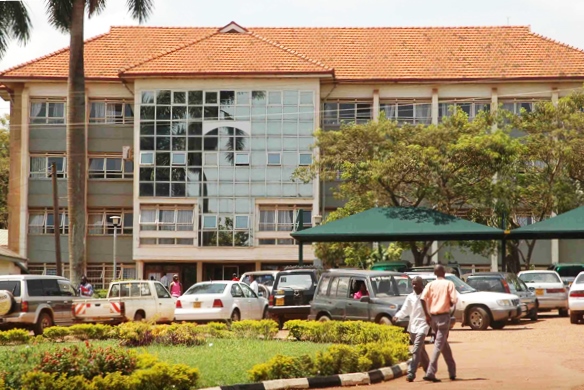
College students rise to meet local needs
In Uganda, the DNA’s local network, Transforming Nations Alliance (TNA), has a strong partnership with Compassion International and its college-aged students. A group of these students who attend Kyambogo University and have been trained by TNA to demonstrate love and meet needs using local resources (also known as doing Seed Projects) observed the community members’ plight and decided to find a way to address their need for potable water.
Led by Emily Mbabazi, the students’ objective was to show God’s love to the community by helping them build a safe water source.
Listen to Emily tell the story in her own words
The group mobilized other students to join them in this noble task, starting with prayer and sharing ideas about how to go about helping the community. Emily and her team drew up a plan to address the problem faced by the Busigiri community, including a step-by-step process to identify what needed to be done and with whom to do it. They prayed about their plan, and one of the Bible verses they used for inspiration was 1 John 3:18: “Dear children, let us not love with words or tongue but with actions and in truth.”
Collaborating with local authorities and community members
The group of students approached Mr. Richard Bagarukayo, the Local Council Chairperson of Busigiri, and carried out a simple needs assessment before the implementation of the project. This involved inspection of the area for a potential water source.
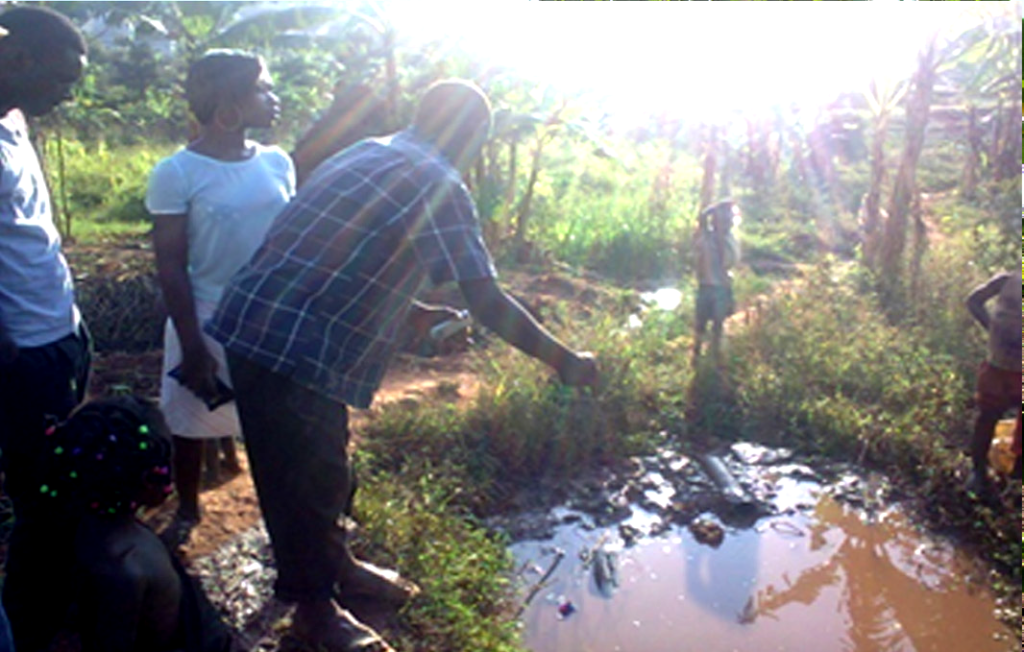
First, the mud and sand needed to be dug out of the pond. They then would have to construct a retaining wall with two pipes to let clean water come through. Together with the Chairperson, they identified the tools needed and conducted a small fundraising drive in the university’s residence halls for tools and materials like cement.
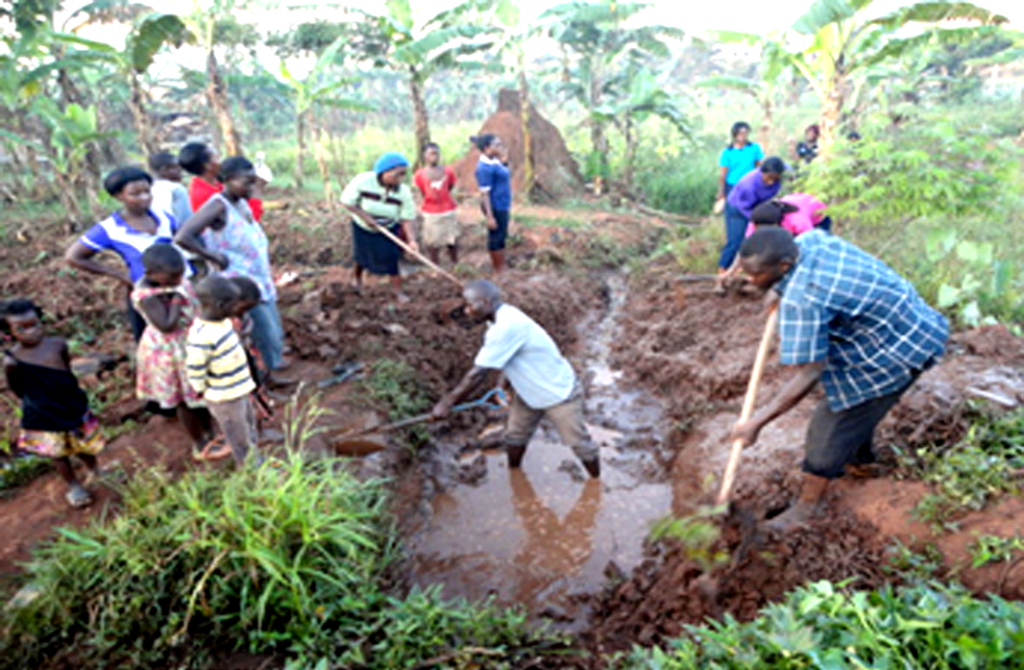
Giving thanks
A week after the Seed Project, a Thanksgiving fellowship was organised to thank the Lord for His enabling and for the achievement attained collectively. The community members were invited to the thanksgiving.
They were so grateful to God and the students for helping them realize the power of coming together and working together for a common good.
The Seed Projects approach that is a way for demonstrating the love of God to others was explained during the fellowship.
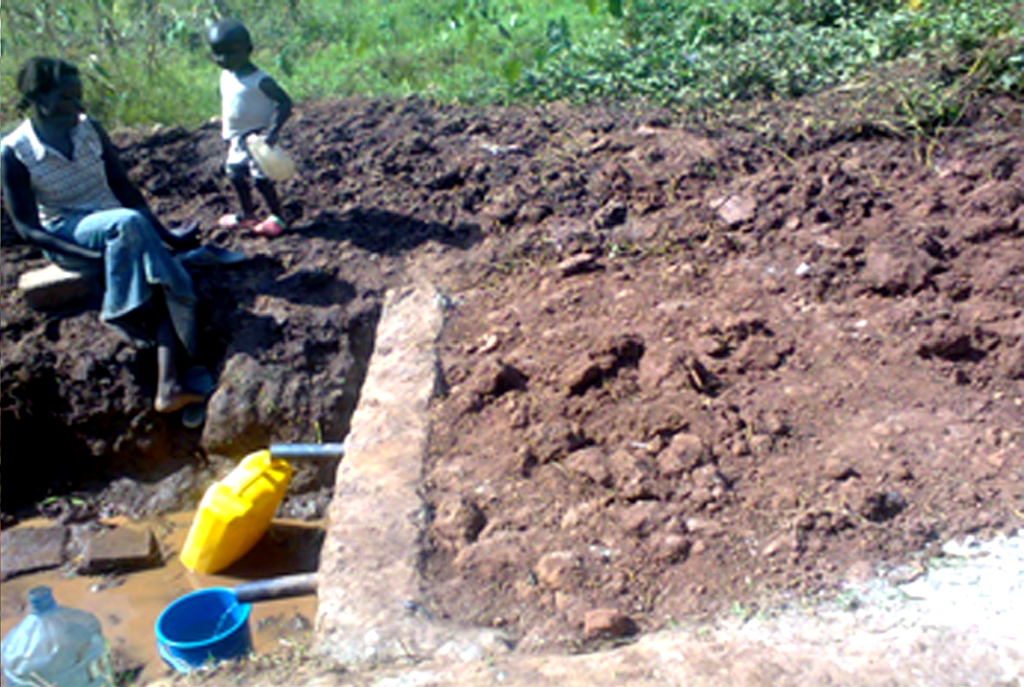
For the first time in over seven years, by working together and leveraging their local resources, this community now has access to clean water: this was a great eye opener for residents of Busigiri. For those students who previously did not know about Seed Projects, they felt empowered to reach out to their communities in similar ways.
Emily summed it all up by saying, “In all this we do not delight in our own power but give all the glory back to God.”

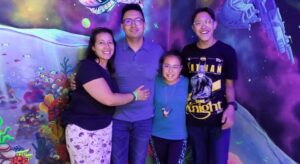


One Response
We are so delighted for having been used by God for that noble cause. We give all the glory back to God. I thank God for the amazing team that I worked with.